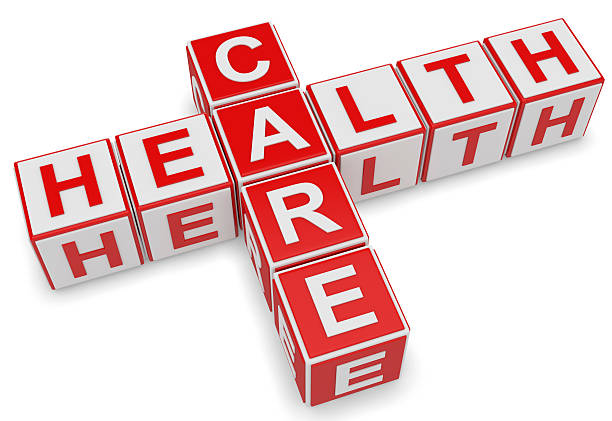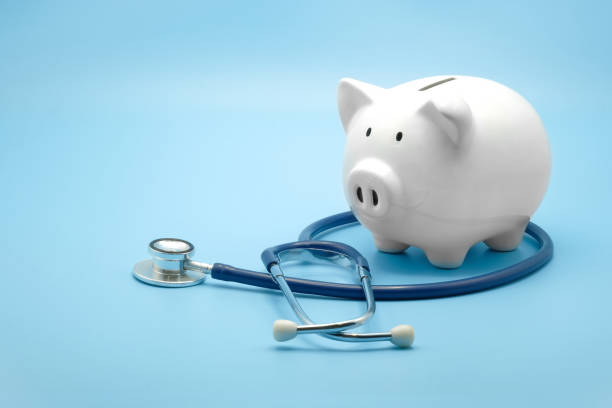It is easy to look back and say we should have done things differently to protect Americans from the arrival and spread of the COVID-19 virus. We must remember, though, that no other country had accurate information when the crisis began in China. In point of fact, the crisis continues to evolve and changes on a daily basis.
There is good evidence that the virus originated in an outdoor market in Wuhan, perhaps as early as last November. When patients began arriving in large numbers for treatment, the aggressive nature of the virus and how it spread were not identified. It soon became clear, however, that COVID-19 is not a typical flu-virus, that it causes an extremely virulent pneumonia, and that it is deadly for the elderly and people who are medically compromised.
Testing provides some benefit when it identifies those who test positive. A negative test unfortunately does not guarantee a person is virus-free. Likewise, it is unknown how many people carry the virus without having symptoms and therefore are not tested.
It is known that the virus spreads easily from person to person. Social distancing is effective if rigidly practiced. There is evidence, but no certainty, that the virus can survive outside the human body – 24 hours on cardboard and two to three days on plastic surfaces and certain metals. Vigorous hand washing and the liberal use of hand sanitizers are effective in killing the virus.
Was the world in general, and the United States specifically, caught off guard by the COVID-19 virus? It had been 100 years since the catastrophic Spanish Flu devastated the populations of virtually every country. The early 20th Century medical community was completely unequipped to handle the crisis, with no drugs, no life-support devices, and no intensive care infrastructure.
Should the recent Ebola, H1N1, and SARS epidemics have alerted the world to the potential devastation of the COVID-19 virus? Not necessarily. The Ebola virus was geographically isolated to parts of Africa and had a relatively short timeline. The H1N1 and SARS viruses, while spreading world-wide, were much less aggressive than COVID-19 and were handled with the usual flu supportive measures. It is safe to say that the vast majority of Americans were not concerned about and felt no effect from these three earlier viruses.
In retrospect, many people believe that governments should have anticipated the current pandemic - but based on what criteria? Governments have also been criticized for not forcing people to self-isolate sooner. Although elected officials could speculate on the broad medical effects of the virus, there was no question that closing the country’s economy would be devastating to workers and business owners. We are now experiencing that devastation.
One current debate is about whether or not to close the entire country by the federal government. We know that self-distancing is effective in slowing and stopping the spread of the virus. On the other hand, states and counties are very different in the U.S. The tragedies unfolding in New York and New Orleans, for example, may have no relation to less populated areas where self-isolation is easier to practice and has shown to be effective.
Looking to the future, it should be noted that estimates are just estimates. The latest projections are that 100,000 to 240,000 Americans will die because of the COVID-19 virus in the next few weeks. While it is helpful to give Americans a sense of the potential impact of the virus, these are alarmingly high numbers with a wide range that is almost meaningless. Actual fatalities will likely be much lower. Our private health care system and broad network of drug research and medical supply companies, along with essential government support, are doing everything possible to treat the sick and protect the rest.
The federal government should do everything it can to support those communities most impacted by the virus. Those regions not yet experiencing the full force of the virus should practice vigorous personal distancing and good hygiene. The next few weeks will be critical in controlling the spread of the COVID-19 virus. Americans will get through this crisis and in a perfect world, will be stronger and hopefully more politically cohesive.






